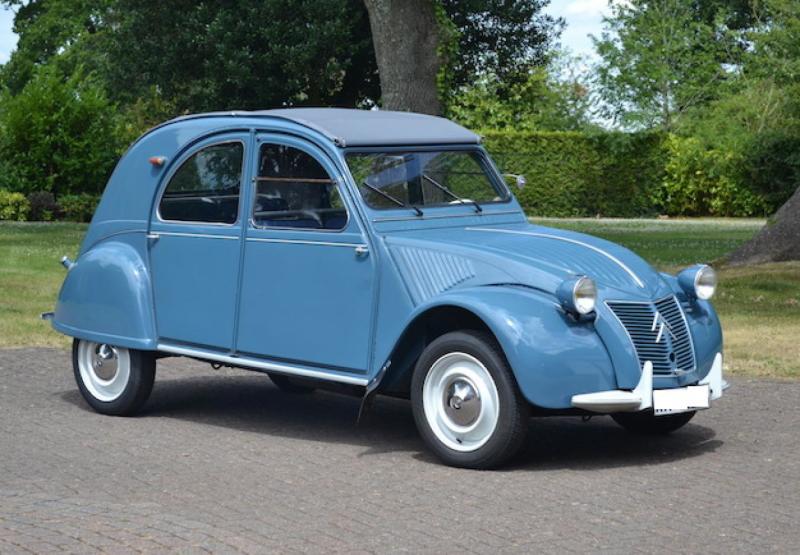Lead Engineer
Mechanical
- Feb 27, 2018
- 9
I seem to be the only one in my company that believes that BHP is the power available to the system before losses due to appurtenances, e.g. a belt drive for a fan. For simplicity sake,(I may not be using an accurate analogy) I suggest that the BHP is the NEMA or nominal horsepower. For example, Greenheck on their cut sheets for fans shows the "Operating Power" then below in the section that tells you the motor size 10 hp or 5 hp . . .
I talked to an EE friend of mine and he told me that he checked a couple of other sources and he was not sure that he agreed with me.
These are a couple of websites that I used in my discussion;
Seems pretty clear to me.
The term BHP comes from the early days of measurement where they actually would apply a brake to the output shaft and calculate HP from the force on the brake.
I could always not be accurate, or the other case is that the term depends on context of usage . . .
I talked to an EE friend of mine and he told me that he checked a couple of other sources and he was not sure that he agreed with me.
These are a couple of websites that I used in my discussion;
Seems pretty clear to me.
The term BHP comes from the early days of measurement where they actually would apply a brake to the output shaft and calculate HP from the force on the brake.
I could always not be accurate, or the other case is that the term depends on context of usage . . .

